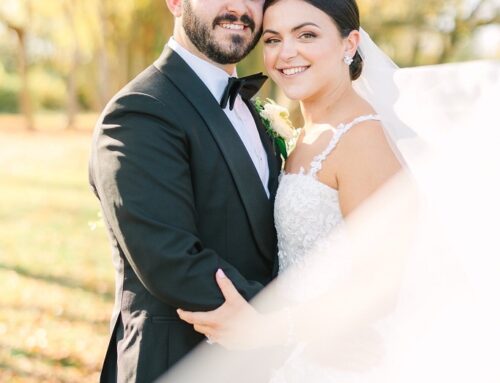A saying attributed to many, from Confucius to Eleanor Roosevelt, is: “better to light a candle than to curse the darkness.” That’s what our faith communities are about. There is a great deal wrong in the world … yet we choose to come together to welcome and be the light for each other.
If I could winnow all of Scripture down to one abiding principle shared by all of our faith traditions, it would be the spiritual homeland of God found in gratitude.
Gratitude does not come from acquiring more stuff, but from becoming more aware of God’s presence and God’s goodness. Gratitude grows in humility. If I believe I am owed something, I will not be thankful for it because I think I’m entitled to it. But if it is given to me as gift, I am overwhelmed with gratitude. I grow into a grateful receiver of grace.
A late colleague and friend, Rabbi Evan Jaffe, taught me the meaning of hakarat hatov, which means more than gratitude; it means “recognizing the good,” recognizing how amazing everything is—the things we have, the people we sometimes take for granted. It means recognizing the good that already is yours, permitting yourself to see countless things each day for which to be grateful—like seeing a rainbow or hearing a bird’s song.
There’s a story about violinist Itzhak Perlman playing just the first few bars of a symphony when one of the strings on his violin snapped. Rather than stopping to replace it, he signaled the conductor to pick up where they had left off, spontaneously rearranging the piece in his head. When they had finished, the audience sat in stunned silence and then rose to their feet cheering wildly at his extraordinary display of skill.
Perlman signaled for quiet, and said, “You know, sometimes it is the artist’s task to find out how much beautiful music you can still make with what you have left.”
When you open your heart to gratitude, you see the good there is already in your life. I am not suggesting you don rose-colored glasses, or that all hardship will cease. But you see that all life is a gift. And you begin to focus on the multitude of gifts, large and small, that already are yours.
So, I am grateful … that there aren’t twice as many congressmen and only half as many doctors; that teenagers ultimately will have children who will become teenagers; that hugs and kisses don’t add weight or cause cancer; that I really can learn to do with less; that radios and TVs, washing machines and lights can be turned off; that no one can turn off the moon and the stars.
I am grateful for the countless good things which already are ours.


